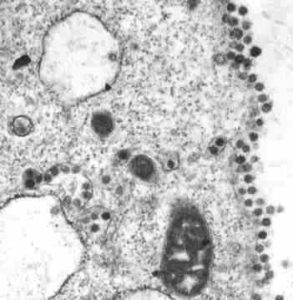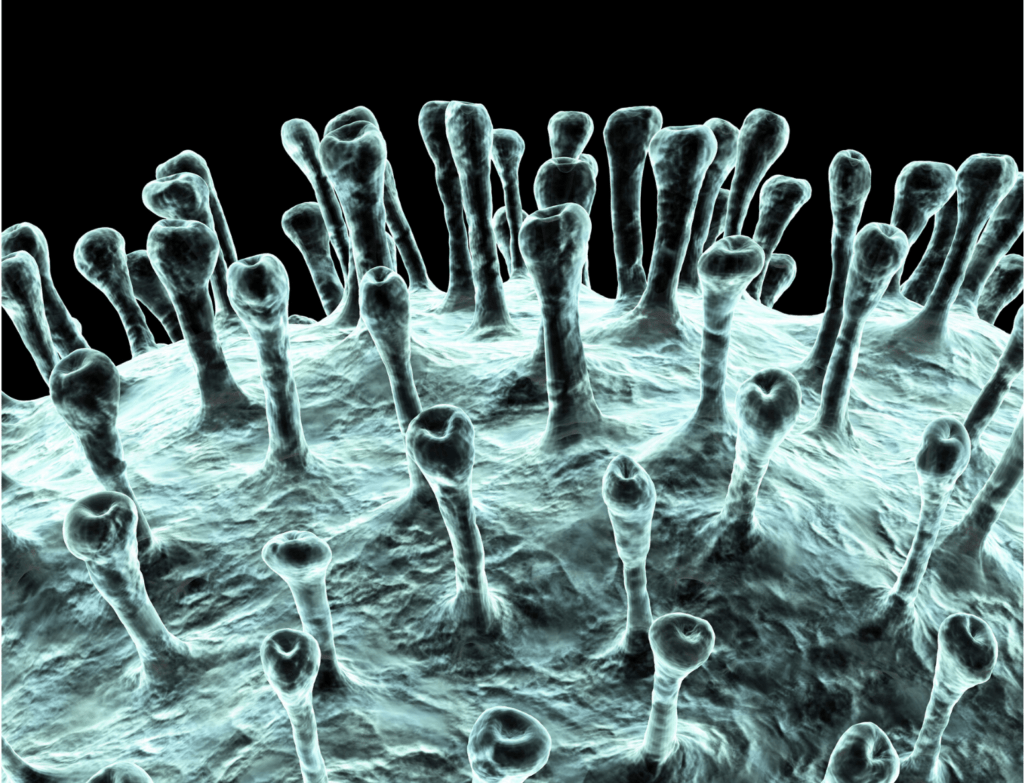Are all cancer patients at risk? Or just those currently getting treatment?
Pergam, the medical director of infection prevention at Seattle Cancer Care Alliance, said patients with blood malignancies such as…and multiple myeloma are most at risk.
Also at risk: those in active treatment for any type of cancer and those who’ve undergone bone marrow transplants. (Active treatment is usually defined as surgery, radiation, chemotherapy and other treatments such as immunotherapies.)
“The risk extends beyond the period of active treatment,” he said. “The after-effects of treatment don’t end when people finish their last course of therapy or leave the hospital after surgery. The after-effects of cancer and the immunosuppressive effects of treatment can be long term.”
Can patients and survivors get tested to see if they’re immunosuppressed?
Pergam said there’s no easy blood test to check someone’s level of immune suppression, but being in active chemotherapy, having low white-cell or low lymphocyte counts and/or taking immune-suppressive agents (such as prednisone) are all associated with immune suppression and increased risk of infection.
“We don’t know all the details on this yet but if you’ve been told you’re immunosuppressed by your provider, then you should be extra cautious,” he said.”
“The government of Shanghai, China has announced its official recommendation that COVID-19 should be treated with high amounts of intravenous vitamin C. (1) Dosage recommendations vary with severity of illness, from 50 to 200 milligrams per kilogram body weight per day to as much as 200 mg/kg/day…”
March 24, 2020 | 5:04pm | Updated
“Seriously sick coronavirus patients in New York state’s largest hospital system are being given massive doses of vitamin C — based on promising reports that it’s helped people in hard-hit China, The Post has learned.
Dr. Andrew G. Weber, a pulmonologist and critical-care specialist affiliated with two Northwell Health facilities on Long Island, said his intensive-care patients with the coronavirus immediately receive 1,500 milligrams of intravenous vitamin C.
Identical amounts of the powerful antioxidant are then readministered three or four times a day, he said…
The regimen is based on experimental treatments administered to people with the coronavirus in Shanghai, China, Weber said…
“The patients who received vitamin C did significantly better than those who did not get vitamin C,” he said…
Long-Term Multiple Myeloma Survivor- Compromised Immune System? Coronavirus?
Immunodeficiency or immunocompromise is a state in which the immune system‘s ability to fight infectious disease and cancer is compromised or entirely absent.”

I’m a long-term multiple myeloma survivor who’s currently worried about the coronavirus pandemic. I’ve had an autologous stem cell transplant (ASCT), lots of different high-dose chemotherapy regimens, radiation, the works.
During the years following my MM diagnosis I occasionally told people that I had a “compromised immune system” though I didn’t really know what this phrase meant.

This health issue is on my mind these days because of the coronavirus pandemic.I recently wrote a blog post about MM survivors managing the coronavirus.
The more I thought about it, the more worried I became. According to Wikipedia, the 20-21st centuries are littered with infectious diseases. Not just virus’ but with diseases that are infectious.

I’m rarely sick and can’t remember the last time I had a fever. So my question is, do I have a compromised immune system? Am I at a higher risk of contracting one of the dozens of infectious diseases swirling around the world over the past 20 or so years? If I contract that disease, am I at a higher risk of dying???
The article linked and excerpted below explains how a person’s immune system becomes weakened. Both my cancer, multiple myeloma, as well as conventional oncology, did everything they could to weaken my immune system. B cell deficiency, chemo, glucosteroids, I admit that I am amazed that I’m still alive.
But the fact is, I am cancer-free, my B cells, white and red blood cells, everything has returned to normal. More importantly, I do everything thing listed in the “how do you fix a compromised immune system” article. And I have been for years now.
Please believe me when I tell you that I am not holding myself up as some sort of immuno-superman. I believe that I can catch any/all of the infectious diseases listed in the Wikipedia article. However I do not believe the my risk of infection is any higher than any normal human being. I do not believe my risk of dying is higher than any normal human being.
In short, as I understand it, I am NOT “immunodeficient.” I am not “immunocompromised.” Whew…
Are you a MM patient or survivor? Are you worried about the coronavirus as well? Are you currently undergoing chemotherapy with your white blood cell counts dropping?
Recommended Reading:
and decided to add it to this post about our immune systems and the coronavirus because I think the video strikes the right balance of caution (older, MM patients at higher risk) and realism. We are currently worried about the coronavirus (March of 2020) but history shows that infectious diseases are continuous.
In addition I agree with basic non-toxic therapy recommendations such as vitamin D & C, omega-3, selenium, others.
My point in writing this blog post is that once we MM patients/survivors get beyond and heal from chemo, surgery, radiation, ASCT, etc. we must work to re-build our immune systems. And I hope that I’ve done that.
“Immunodeficiency or immunocompromise is a state in which the immune system‘s ability to fight infectious disease and cancer is compromised or entirely absent. Most cases of immunodeficiency are acquired (“secondary”) due to extrinsic factors that affect the patient’s immune system. Examples of these extrinsic factors include HIV infection and environmental factors, such as nutrition.[1]
In the clinical setting, the immunosuppression by some drugs, such as steroids, can be either an adverse effect or the intended purpose of the treatment…
Comparison of immunodeficiencies by affected component
B cell deficiency Multiple myeloma
T cell deficiency Marrow and other transplantation, Cancer chemotherapy, Glucocorticoid therapy
Neutropenia Chemotherapy, Bone marrow transplantation
Secondary immunodeficiencies, also known as acquired immunodeficiencies, can result from various immunosuppressive agents, for example, malnutrition, aging, particular medications (e.g., chemotherapy, disease-modifying antirheumatic drugs, immunosuppressive drugs after organ transplants, glucocorticoids) and environmental toxins like mercury and other heavy metals, pesticides and petrochemicals like styrene, dichlorobenzene, xylene, and ethylphenol.
For medications, the term immunosuppression generally refers to both beneficial and potential adverse effects of decreasing the function of the immune system, while the term immunodeficiency generally refers solely to the adverse effect of increased risk for infection.
Many specific diseases directly or indirectly cause immunosuppression. This includes many types of cancer, particularly those of the bone marrow and blood cells (leukemia, lymphoma, multiple myeloma), and certain chronic infections…
Smoking, alcoholism and drug abuse also depress immune response…”
Healthy ways to strengthen your immune system
- Don’t smoke.
- Eat a diet high in fruits and vegetables.
- Exercise regularly.
- Maintain a healthy weight.
- If you drink alcohol, drink only in moderation.
- Get adequate sleep.
- Take steps to avoid infection, such as washing your hands frequently and cooking meats thoroughly.







